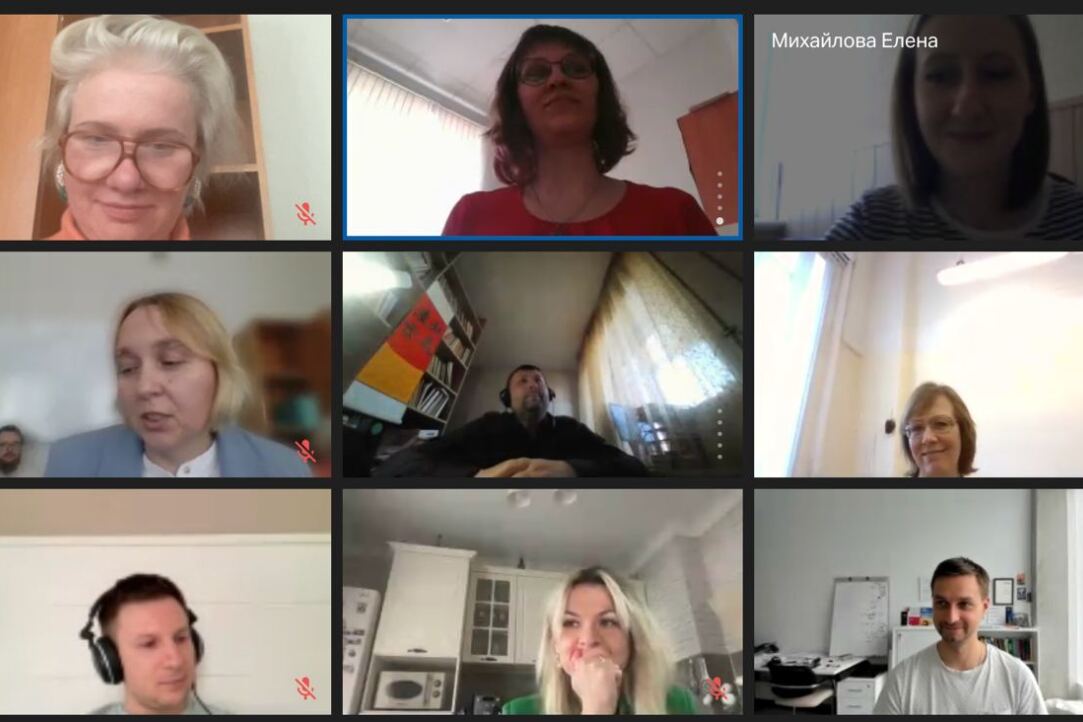- A
- A
- A
- ABC
- ABC
- ABC
- А
- А
- А
- А
- А
- HSE Campus in St. Petersburg
- Saint-Petersburg School of Social Sciences
- Department of Sociology
- News
- Congratulations to Olessia Koltsova on the successful defense of her doctoral dissertation!
The aim of the department is to achieve decision advantage in the fields of comparative social research, sociology of young people, sociology of science and education, and research into cultural diversity and tolerance. The department maintains close research ties and partnerships with the European University in St Petersburg, the HSE Moscow Sociology department, the RAS Institute of Sociology in St Petersburg and many other international partners. Faculty are all experienced teachers and researchers from leading Russian and western universities and research centres.
 Gendering Place and Affect: Attachment, Disruption and Belonging
Gendering Place and Affect: Attachment, Disruption and Belonging
Simpson A., Simpson R., Baker D. T. et al.
Bristol: Bristol University Press, 2024.
Yatsenko M. V., Brak I. V., E. D. Artemenko.
Neuroscience and Behavioral Physiology. 2025. Vol. 55. No. 1. P. 145-152.
In bk.: Gendering Place and Affect: Attachment, Disruption and Belonging. Bristol: Bristol University Press, 2024. P. 154-166.
SSRN Working Paper Series. SSRN Working Paper Series. Social Science Research Network, 2024

Congratulations to Olessia Koltsova on the successful defense of her doctoral dissertation!

The academic degree of Doctor of Sciences was unanimously conferred upon the candidate.
The dissertation, titled "Applying Automatic Language Processing To Investigate The Coverage Of Inter-Ethnic Relations And Other Socially Problematic Topics In Large Collections Of User-Generated Texts," explores the applicability of a wide range of new variations of machine learning algorithms to the interpretable analysis of these representations. The algorithms are divided into two groups: thematic modeling aimed at identifying implicit contexts of mentioning ethnic groups and relationships between them, and classification algorithms aimed at identifying predefined classes of attitudes toward ethnic groups.
The text of the work can be found at the following link.
-
https://elearning.hse.ru/en/mooc/
Massive Open Online Courses
-
https://www.hse.ru/en/visual/
HSE Site for the Visually Impaired
-
http://5top100.com/
Russian Academic Excellence Project 5-100
- © HSE University 1993–2025 Contacts Copyright Privacy Policy Site Map
- Edit
